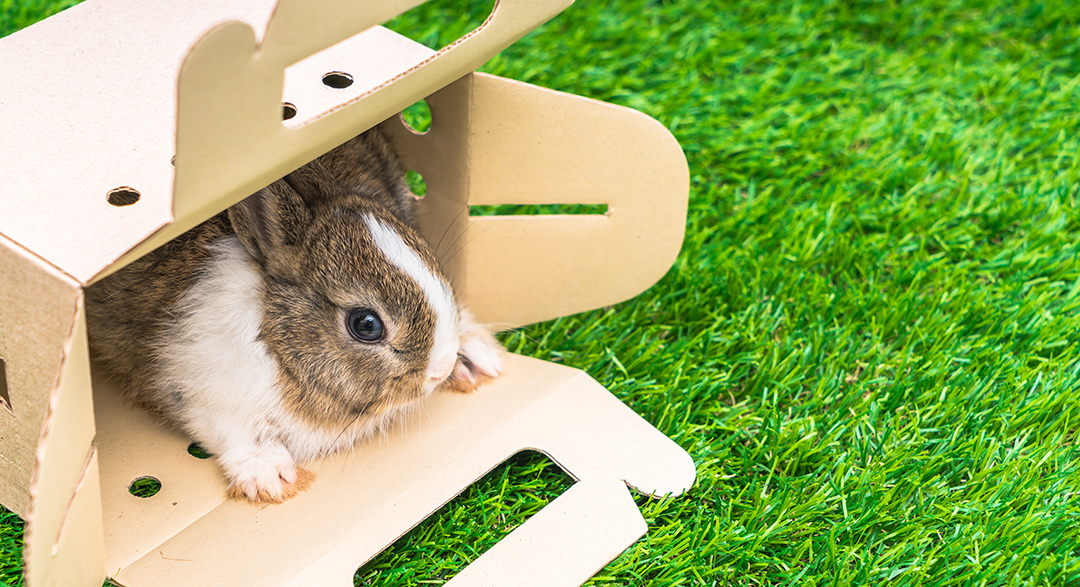The role of exercise in your pet's health
Keep your pet happy and healthy with regular exercise. Learn how daily activity supports weight, joints, behaviour, and wellbeing—plus tips for dogs, cats, and small pets at every life stage.

The Role of Exercise in Your Pet’s Health
Just like humans, pets need regular exercise to stay happy, healthy, and full of life. Whether you have a bouncy puppy, a chilled-out cat, or a senior dog, daily physical activity plays a vital role in their overall wellbeing.
At West Ridge Veterinary Practice, we’re passionate about helping your pets live longer, healthier lives—and regular exercise is a key part of that.
Why Is Exercise Important for Pets?
Exercise helps support a pet’s physical and mental health in several important ways:
- Maintains a healthy weight
- Builds muscle and supports joint health
- Improves cardiovascular fitness
- Aids digestion and reduces constipation
- Relieves boredom, anxiety, and behavioural problems
- Strengthens the bond between pet and owner
Lack of exercise can lead to obesity, poor mobility, and behavioural issues—all of which reduce quality of life and may lead to costly treatments later on.
How Much Exercise Does Your Pet Need?
The ideal amount of exercise varies depending on your pet’s species, breed, age, and health status.

🐶 Dogs
- Puppies: Short, regular bursts of play throughout the day
- Adult dogs: 30–120 minutes daily, depending on breed and energy levels
- Senior dogs: Gentle, shorter walks to maintain mobility without overexertion

🐱 Cats
While cats are more independent, they still need opportunities to move, especially indoor cats. Try:
- Interactive toys (like feather wands or laser pointers)
- Cat trees and climbing shelves
- Short play sessions throughout the day

🐰 Rabbits and Small Pets
Even small pets need space to stretch and explore. Provide safe, secure areas where they can move freely each day.
Exercising Older Pets or Those with Health Conditions
Exercise remains important as pets age, but it should be adapted to their needs. Slower walks, low-impact play, or even physiotherapy-style exercises can help maintain strength and mobility without putting strain on joints.
Our vets can advise on the best type of activity for pets with arthritis, heart conditions, or other health issues.
Getting Started and Staying Consistent
Start slowly if your pet isn’t used to regular activity, and build up gradually. Try to establish a daily routine, and mix up activities to keep it fun and engaging—for both of you!
Need Advice? We’re Here to Help
If you're unsure how much exercise your pet needs—or if you’re worried about their weight, behaviour, or mobility—get in touch with our team. We’ll assess your pet’s individual needs and help you build a plan that keeps them moving, healthy, and happy.
📞 Call us on Witheridge 01884 860236 or Winkleigh 01837 83240



